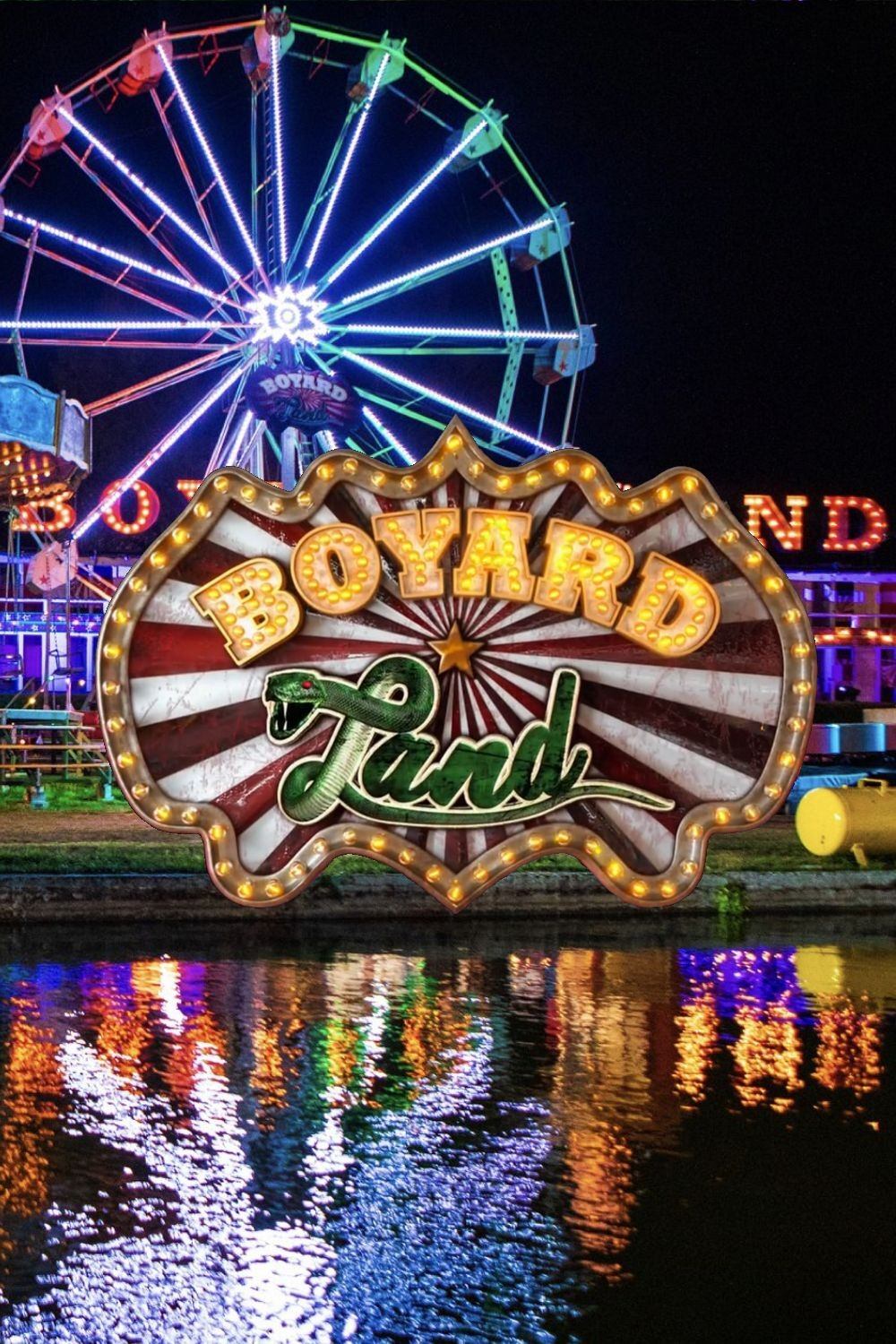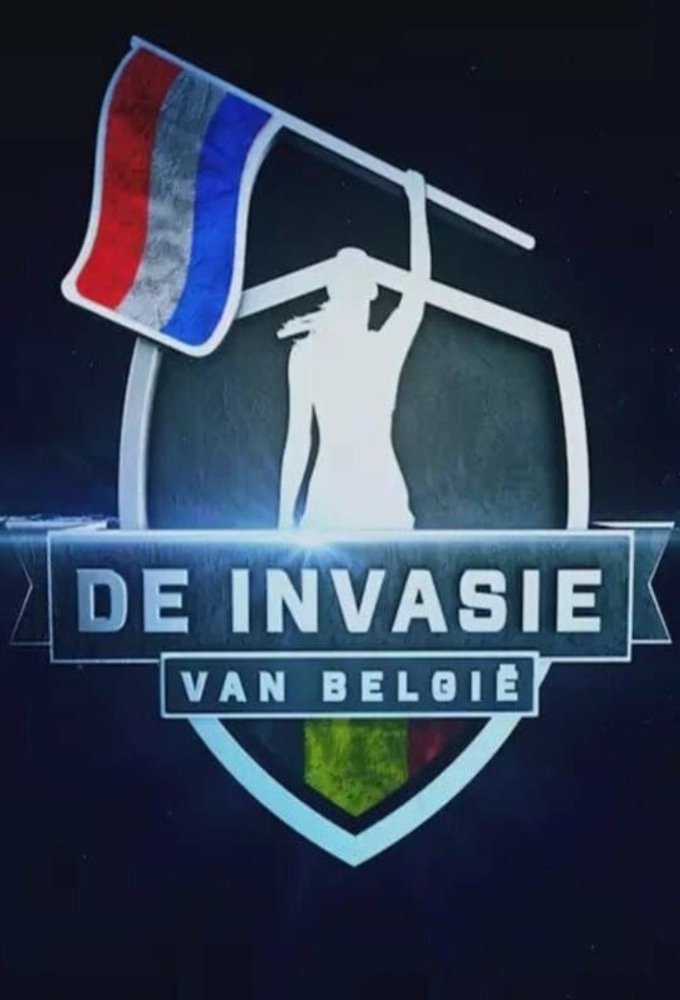The Generation Game (1971)
• October 2nd, 1971
Reality, Comedy
Overview
The Generation Game was a British game show produced by the BBC in which four teams of two competed to win prizes. The programme was first broadcast in 1971 under the title Bruce Forsyth and the Generation Game and ran until 1982, and again from 1990 until 2002. The show was based on the Dutch TV show Een van de acht, "One of the Eight", the format devised in 1969 by Theo Uittenbogaard for VARA Television. Mrs. Mies Bouwman - a popular Dutch talk show host and presenter of the show - came up with the idea of the conveyor belt. She had seen it on a German programme and wanted to incorporate it into the show. Another antecedent for the gameshow was 'Sunday Night at the London Palladium' on ATV, which had a game called Beat the Clock, taken from an American gameshow. It featured married couples playing silly games within a certain time to win prize money. This was hosted by Bruce Forsyth from 1958, and he took the idea with him when he went over to the BBC.
TV Shows Link coming soon!!!
Trailer
Similar Movies
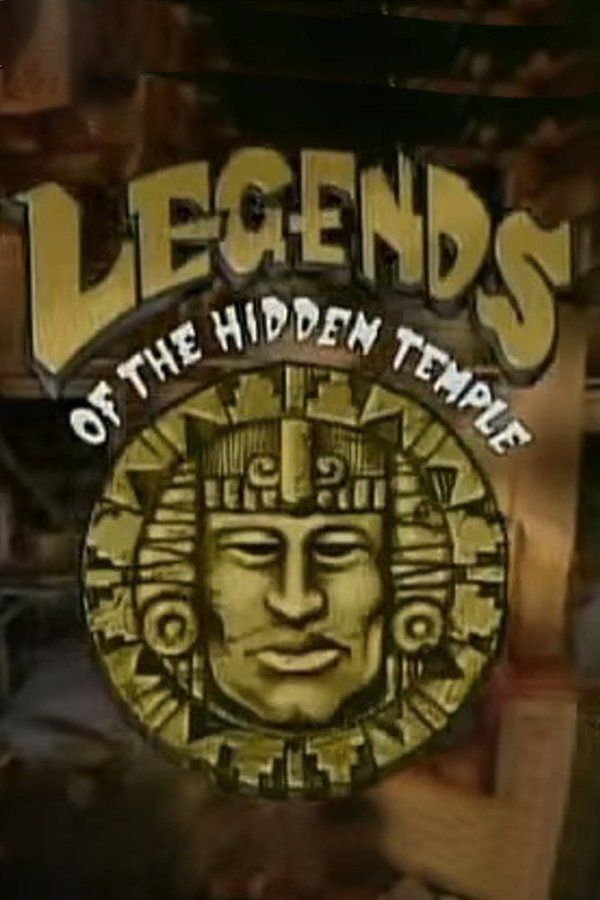
Legends of the Hidden Temple
Released on: 1993-09-11
Reality, Family, Kids
In a Temple filled with lost treasures and protected by mysterious Mayan temple guards, six teams of...
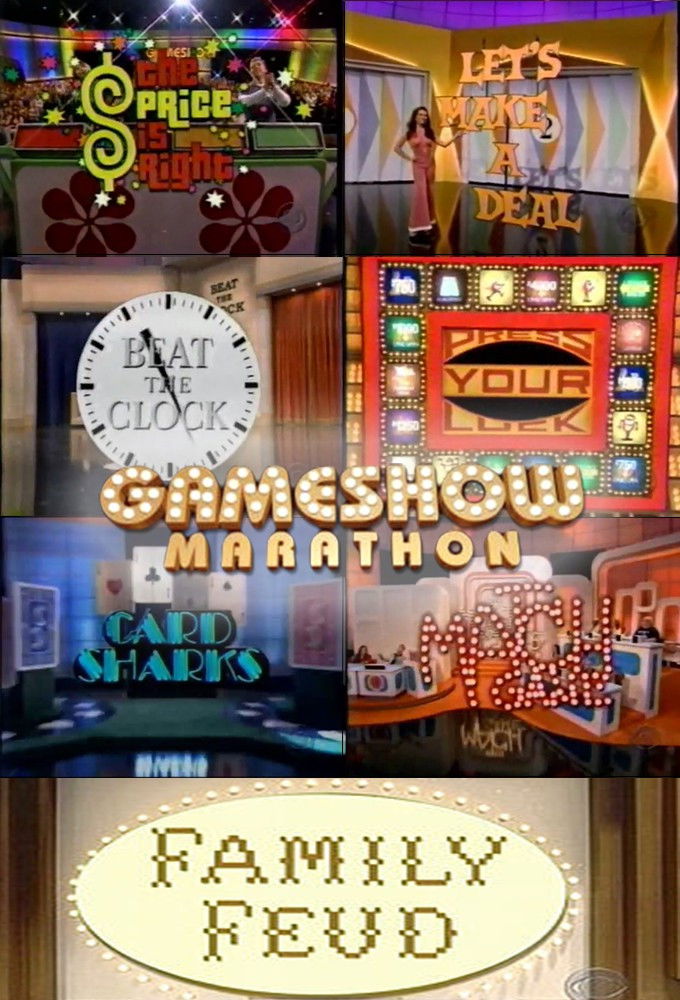
Gameshow Marathon
Released on: 2006-05-31
Reality
Game$how Marathon is an American television program which aired on CBS from May 31, 2006 to June 29,...
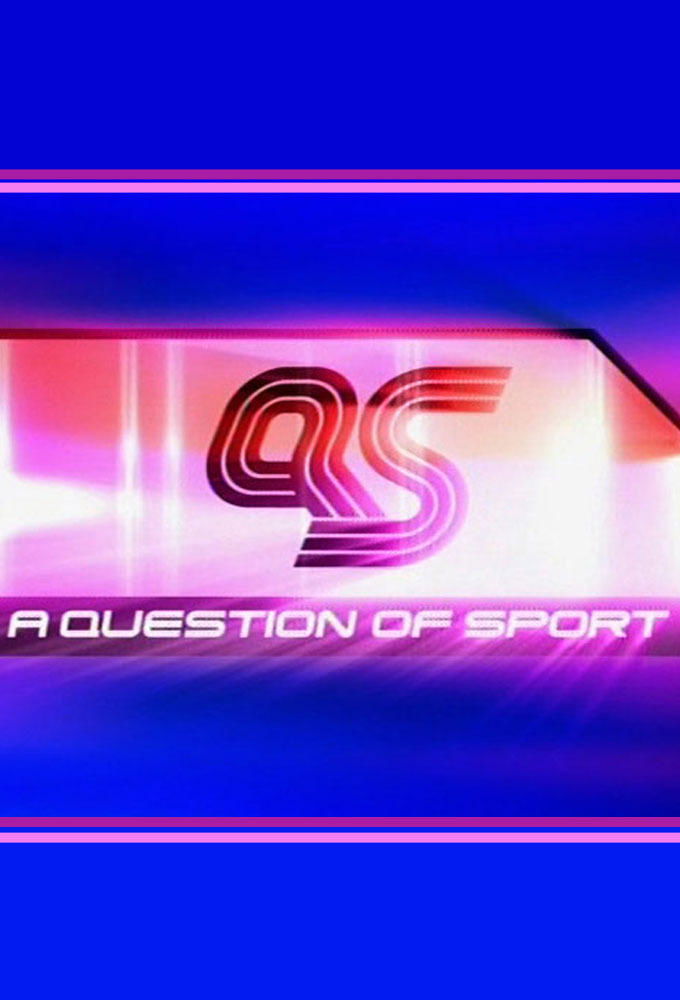
A Question of Sport
Released on: 1970-01-05
Comedy
Sporting quiz show, with regular captains leading teams of celebrities.
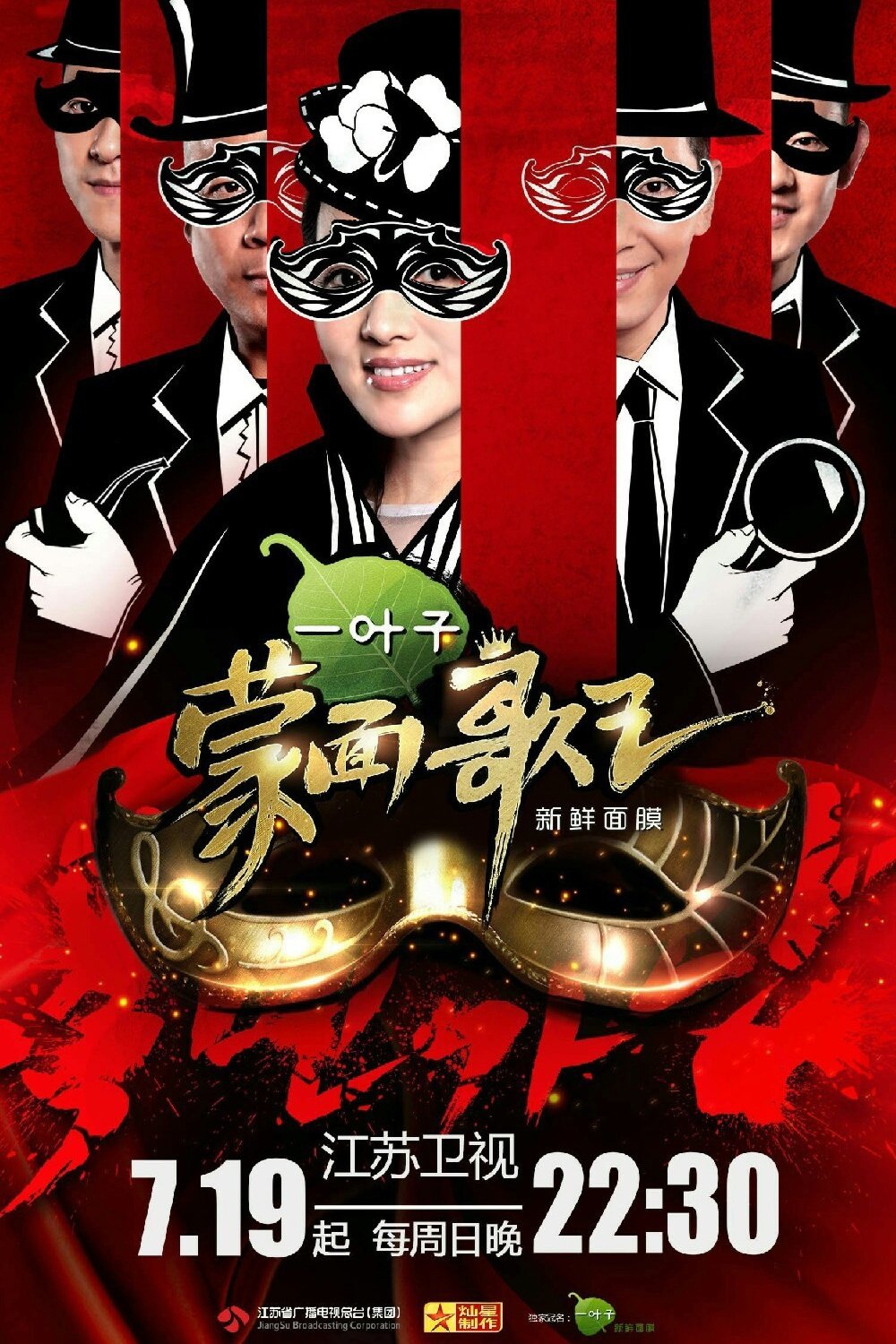
King of Mask Singer
Released on: 2015-07-09
Reality
"The King of Masked Singer" is a music challenge reality show of the same name introduced by Jiangsu...
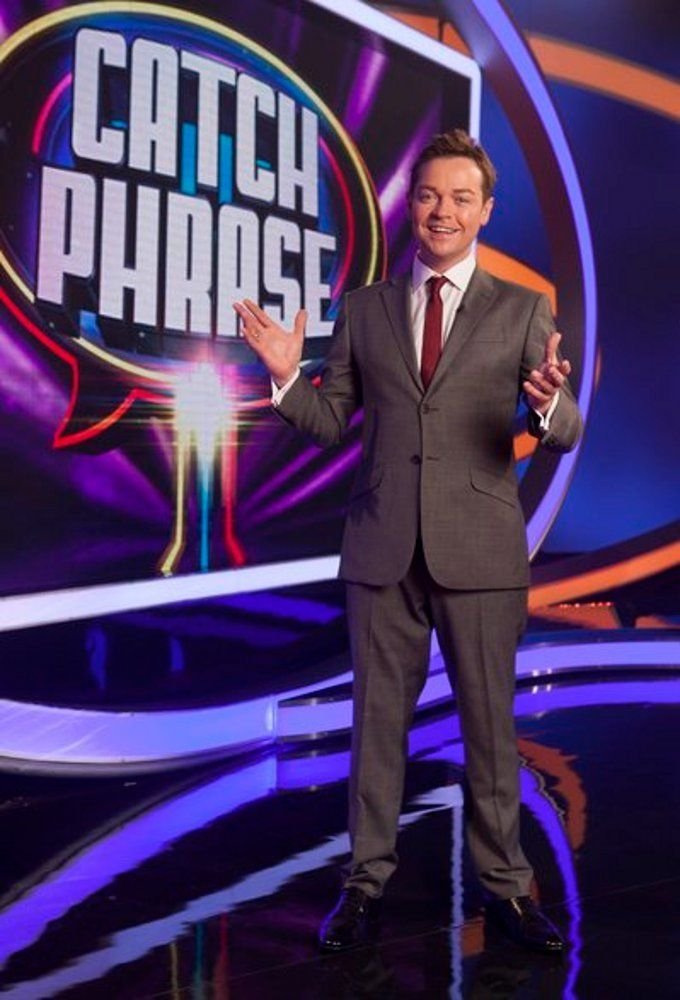
Catchphrase
Released on: 2013-04-07
Family, Reality
Stephen Mulhern hosts this remake of the 1980's game show where contestants have to guess a catchphr...
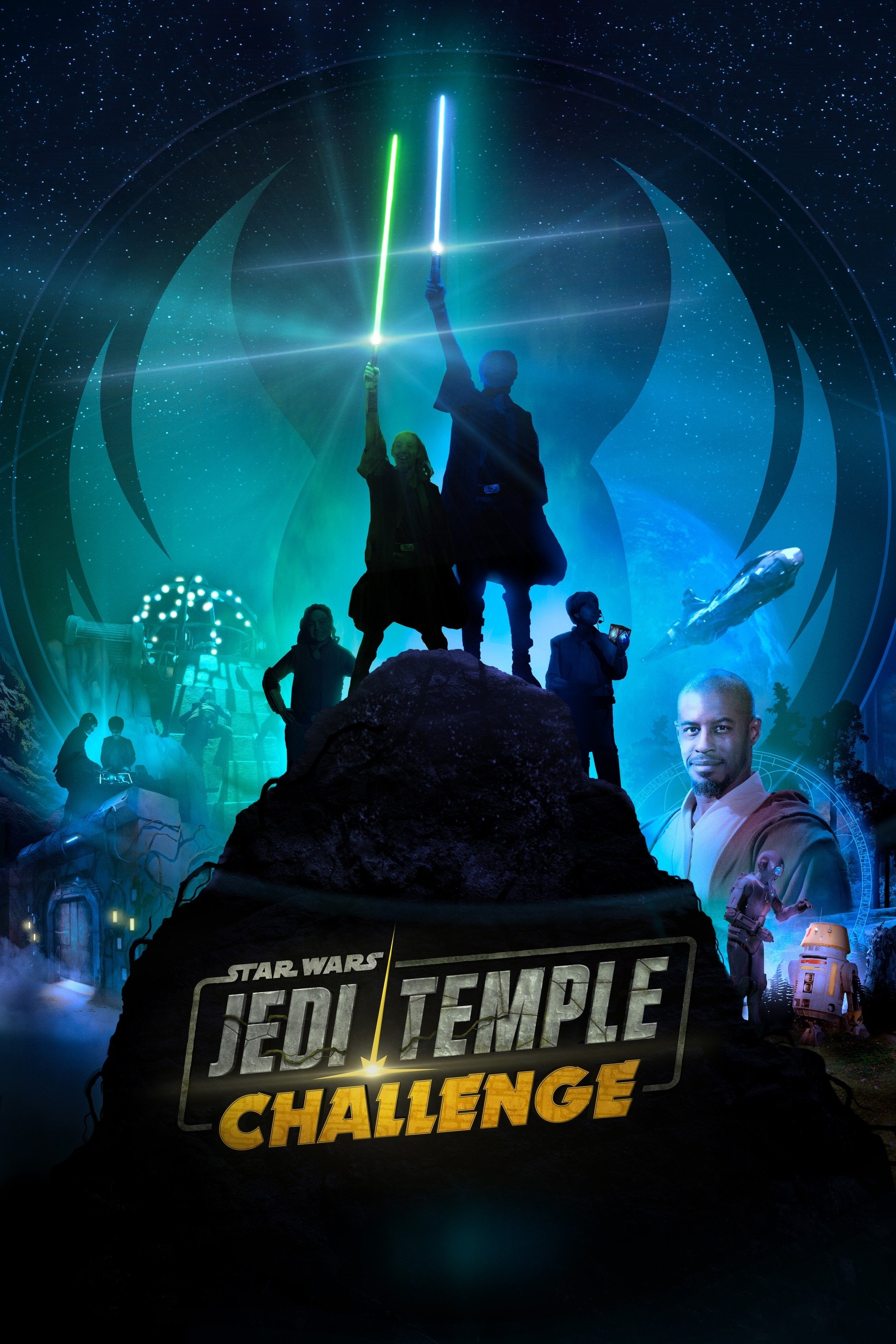
Star Wars: Jedi Temple Challenge
Released on: 2020-06-10
Kids, Reality, Sci-Fi & Fantasy
A game show set in a galaxy far, far away, which tests young contestants’ abilities in the core Jedi...

Food Fighters
Released on: 2014-07-22
Reality
The table is set for the ultimate culinary clash in this one part cooking competition, one part game...
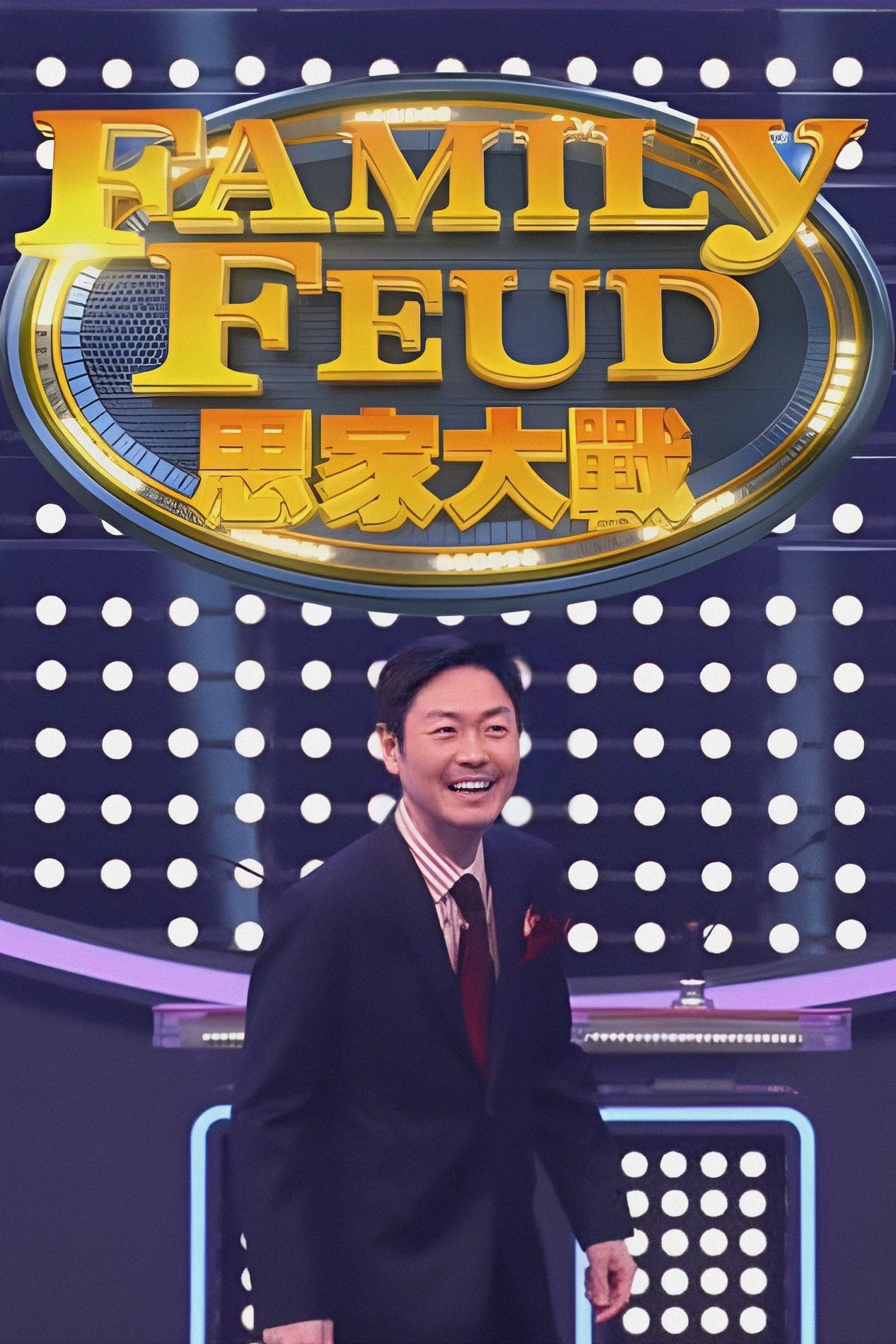
Family Feud (HK)
Released on: 2021-08-29
Reality, Comedy
Based off of American game show Family Feud, hosted by Johnson Lee.

Mask Singer
Released on: 2019-11-08
Reality
Twelve celebrities are masked under spectacular costumes, with their identity hidden. They compete b...
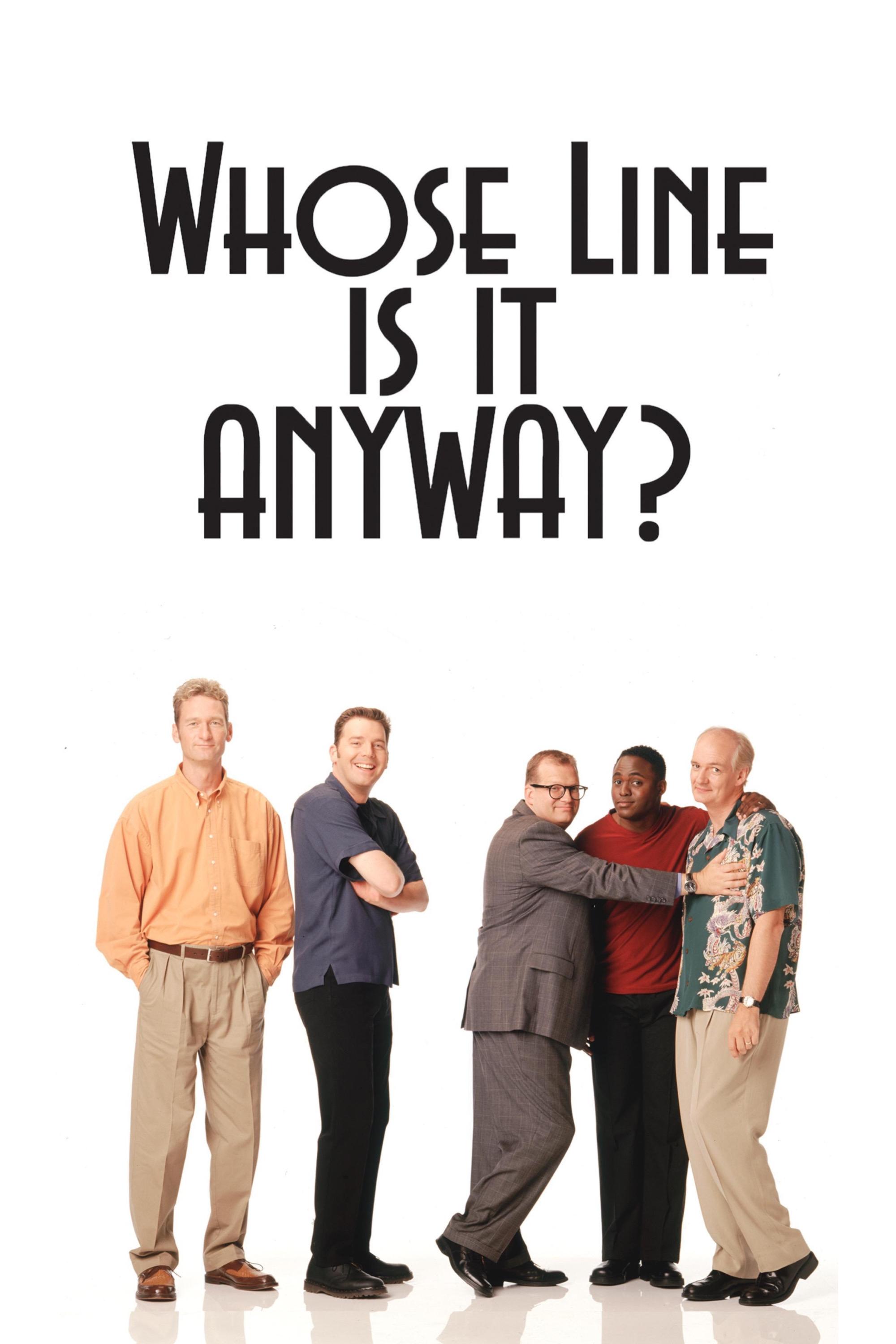
Whose Line Is It Anyway?
Released on: 1998-08-05
Comedy, Reality
The show where everything's made up and the points don't matter. Not a talk show, not a sitcom, not ...
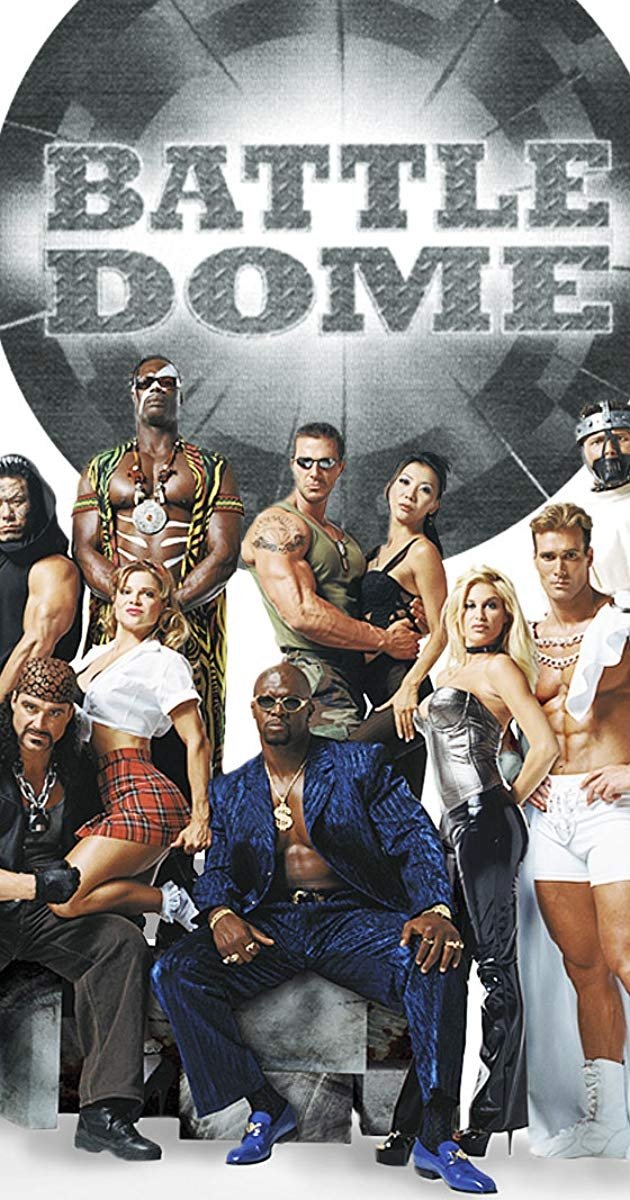
Battle Dome
Released on: 1999-09-18
Reality
Battle Dome was a syndicated American television series that aired from September 1999 to April 2001...
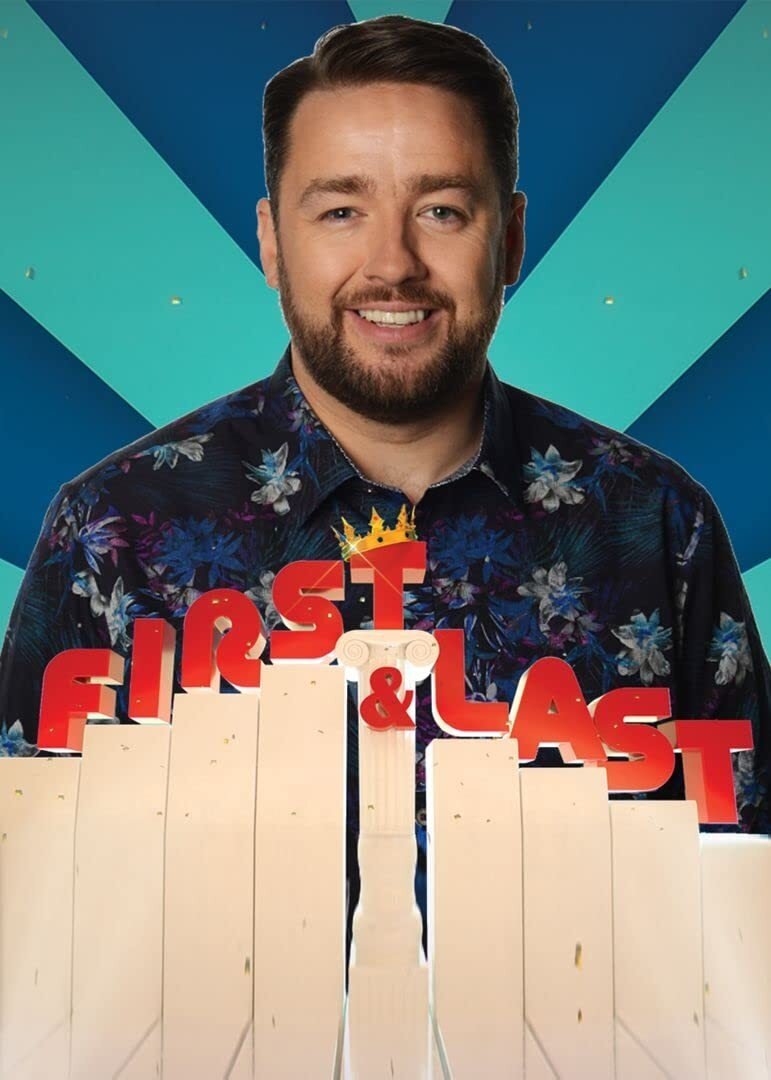
First & Last
Released on: 2020-01-04
Family, Reality
Jason Manford hosts a game show with just one golden rule – don't come first or last in any game, ot...
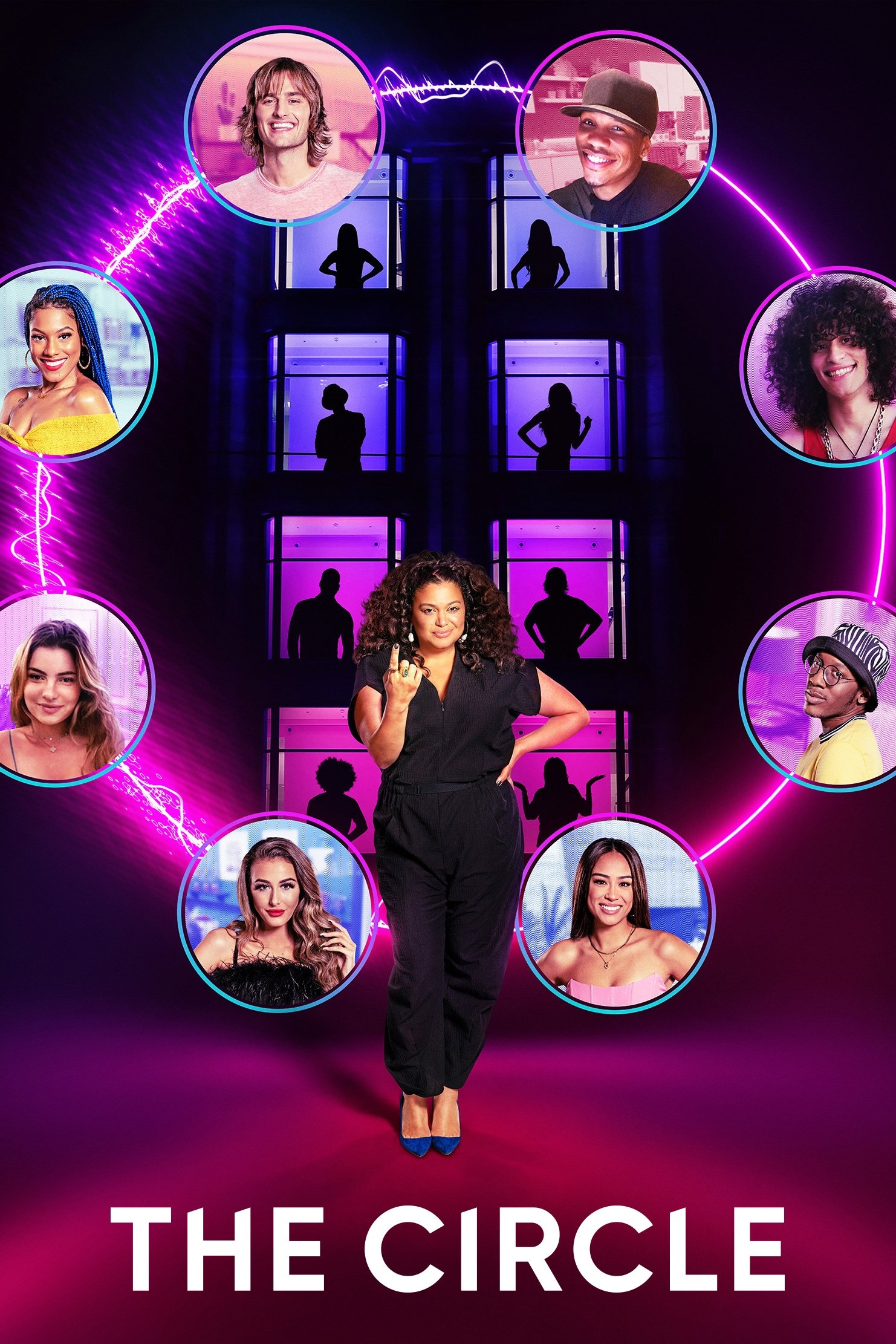
The Circle
Released on: 2020-01-01
Reality
Status and strategy collide in this social experiment and competition show where online players flir...
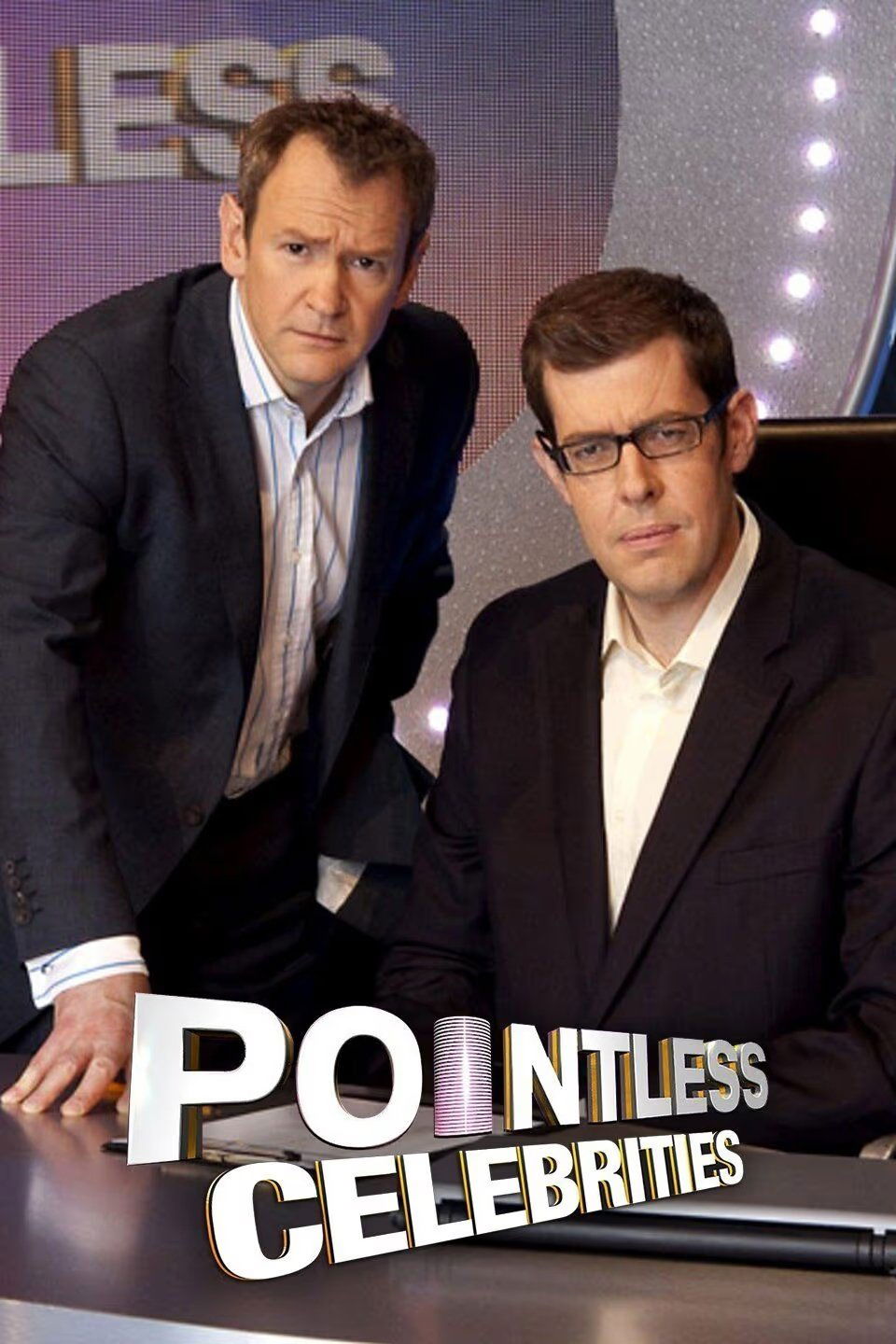
Pointless Celebrities
Released on: 2011-07-04
Talk, Reality
Alexander Armstrong and Richard Osman present a celebrity version of the general knowledge quiz in w...
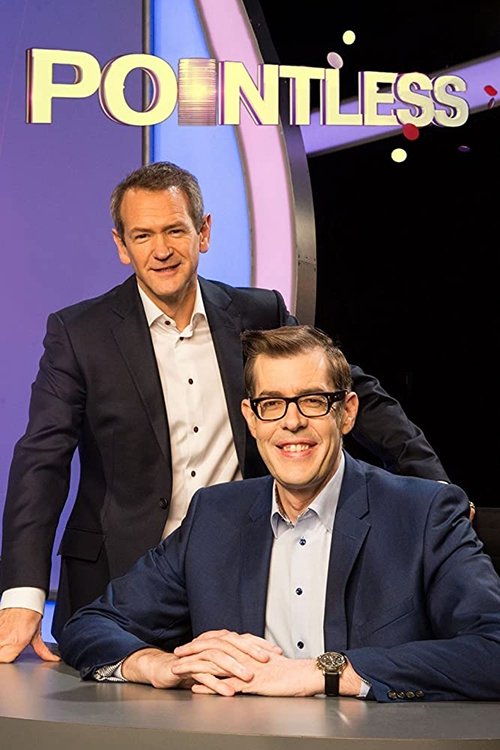
Pointless
Released on: 2009-08-24
Reality
Quiz in which contestants try to score as few points as possible by plumbing the depths of their gen...

